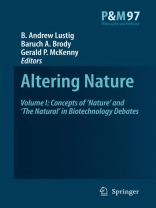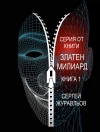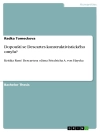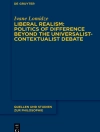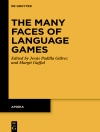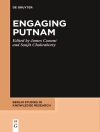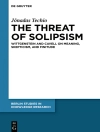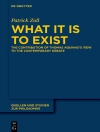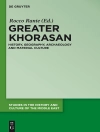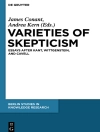B. Andrew Lustig, Baruch A. Brody, and Gerald P. Mc Kenny Nearly every week the general public is treated to an announcement of another actual or potential “breakthrough” in biotechnology. Headlines trumpet advances in assisted reproduction, current or prospective experiments in cloning, and devel- ments in regenerative medicine, stem cell technologies, and tissue engineering. Scientific and popular accounts explore the perils and the possibilities of enhancing human capacities by computer-based, biomolecular, or mechanical means through advances in artificial intelligence, genetics, and nanotechnology. Reports abound concerning ever more sophisticated genetic techniques being introduced into ag- culture and animal husbandry, as well as efforts to enhance and protect biodiversity. Given the pace of such developments, many insightful commentators have proclaimed the 21st century as the “biotechnology century. ” Despite a significant literature on the morality of these particular advances in biotechnology, deeper ethical analysis has often been lacking. Our preliminary review of that literature suggested that current discussions of normative issues in biotechnology have suffered from two major deficiencies. First, the discussions have been too often piecemeal in character, limited to after-the-fact analyses of particular issues that provoked the debate, and unconnected to larger concepts and themes. Second, a crucial missing element of those discussions has been the failure to reflect explicitly on the diverse disciplinary conceptions of nature and the natural that shape moral judgments about the legitimacy of specific forms of research and their applications.
Mục lục
Introduction. Altering Nature: Concepts of Nature and The Natural in Biotechnology Debates, B. Andrew Lustig and Baruch Brody. 1. Spiritual and religious concepts of nature, Aaron Mackler, Ebrahim Moosa, Allen Verhey, Anne Klein, and Kurt Peters. 2. Philosophical Approaches to Nature, John H. Zammito, Philip J. Ivanhoe, Helen Longino, Phillip R. Sloan. 3. Scientific and Medical Concepts of Nature in the Modern Period in Europe and North America, Laurence B. Mc Cullough, John Caskey, Thomas R. Cole, and Andrew Wear. 4. Ethical Challenges of Patenting Nature: Legal and Economic Accounts of Altered Nature as Property, Mary Anderlik Majumder, Margaret Byrne, Elias Bongmba, Leslie Rothenberg, and Nancy Dubler. 5. Aesthetic and Representational Concepts of Nature, Suzanne Anker, Susan Lindee, Edward Shanken, and Dorothy Nelkin.
